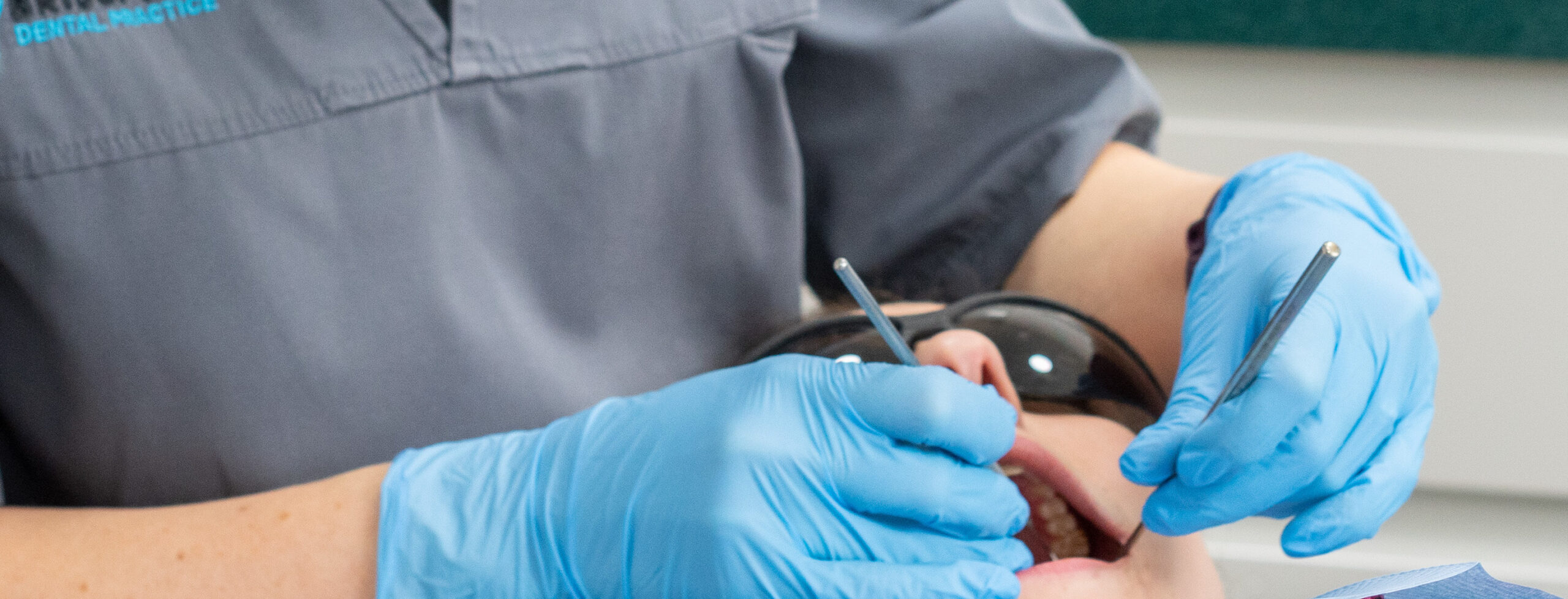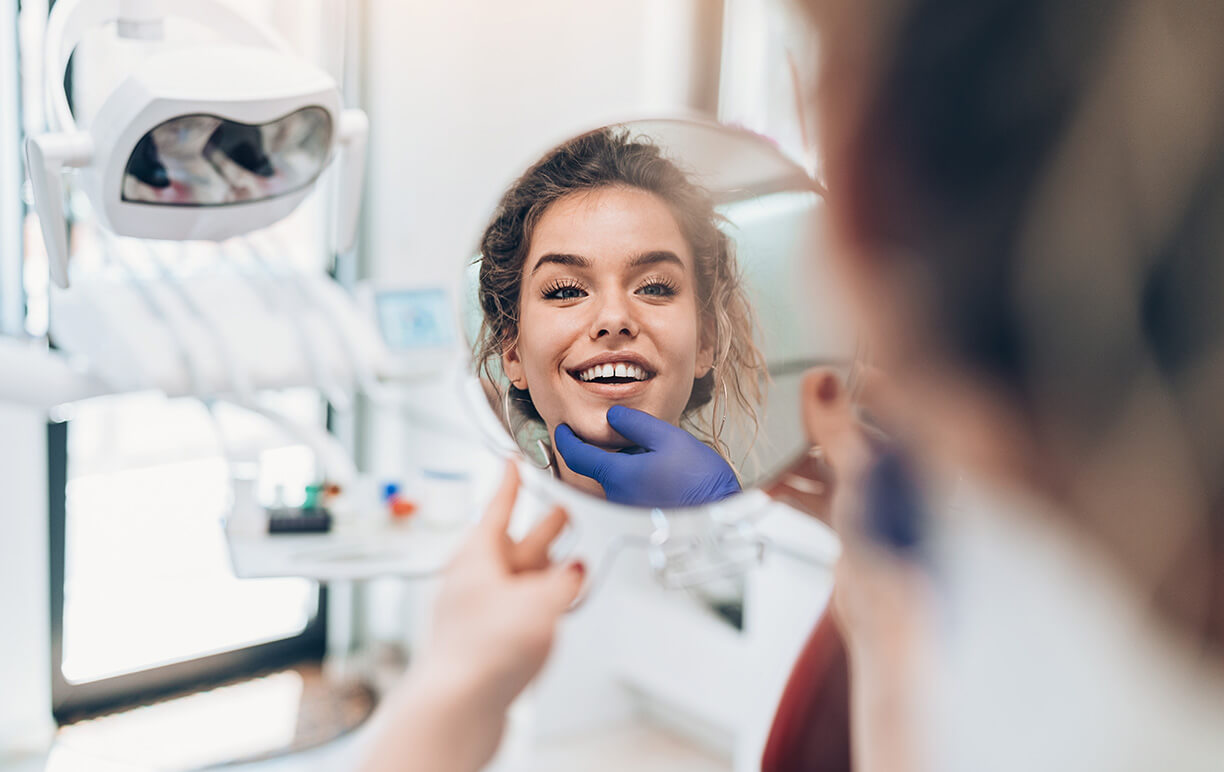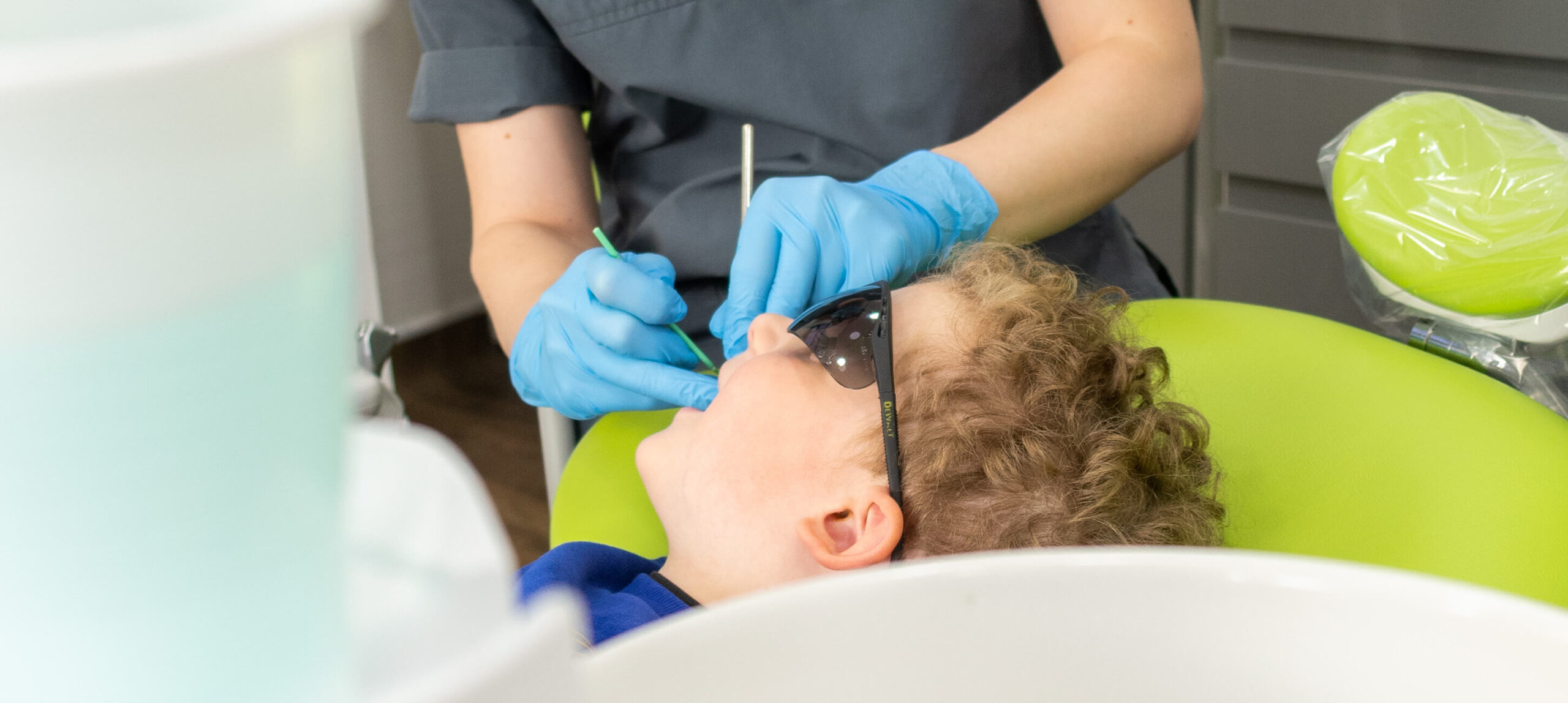A dental hygienist plays a vital role in preventing gum disease by ensuring you follow effective oral hygiene practices, such as brushing your teeth twice daily, flossing regularly, and using an appropriate mouthwash. During your appointment, the hygienist will carefully remove plaque and tartar buildup, which are primary contributors to gum disease and can lead to inflammation and infection if left untreated. In addition to professional cleaning, the hygienist performs a thorough examination of your gums to check for early signs of gum disease, including redness, swelling, and bleeding. If any issues are detected, they will collaborate with your dentist to create a personalised treatment plan that may involve procedures like deep cleaning, scaling, and root planing, or prescribing medication to control the infection. Regular visits to your hygienist are essential to maintaining healthy gums and preventing the progression of gum disease.
Bad breath, also known as halitosis, can be quite an embarrassing problem for many people. The first step in treating bad breath is identifying the cause. Your hygienist will examine your mouth to check for any signs of gum disease, tooth decay, or other dental issues. If any problems are found, your hygienist will recommend a treatment plan to address them. In addition to treating any underlying dental problems, your hygienist will also professionally clean your teeth and gums to remove any bacteria or plaque that may be causing bad breath.
Most dental hygiene procedures are generally not painful, although some patients may experience slight discomfort or sensitivity, especially if their gums are inflamed or if there is existing gum disease. Your dental hygienist or dentist uses specialised tools and gentle techniques designed to minimise any discomfort during cleaning, scaling, or other hygiene treatments. For patients with sensitive gums or teeth, they may take extra care or use numbing gels to make the experience more comfortable. Regular hygiene appointments not only keep your mouth healthy but also help reduce any potential discomfort over time by preventing gum disease and plaque buildup.
It is generally recommended to visit a dental hygienist every six months for a routine cleaning and check-up to maintain optimal oral health. However, the ideal frequency can vary depending on individual needs. Patients with a history of gum disease, frequent plaque buildup, or other dental concerns may require more frequent visits, such as every three to four months, to effectively manage their oral health. Conversely, individuals with excellent oral hygiene and healthy gums might only need to see a hygienist once a year. Your dental professional will assess your unique situation and recommend a personalised schedule to ensure your teeth and gums stay healthy.














